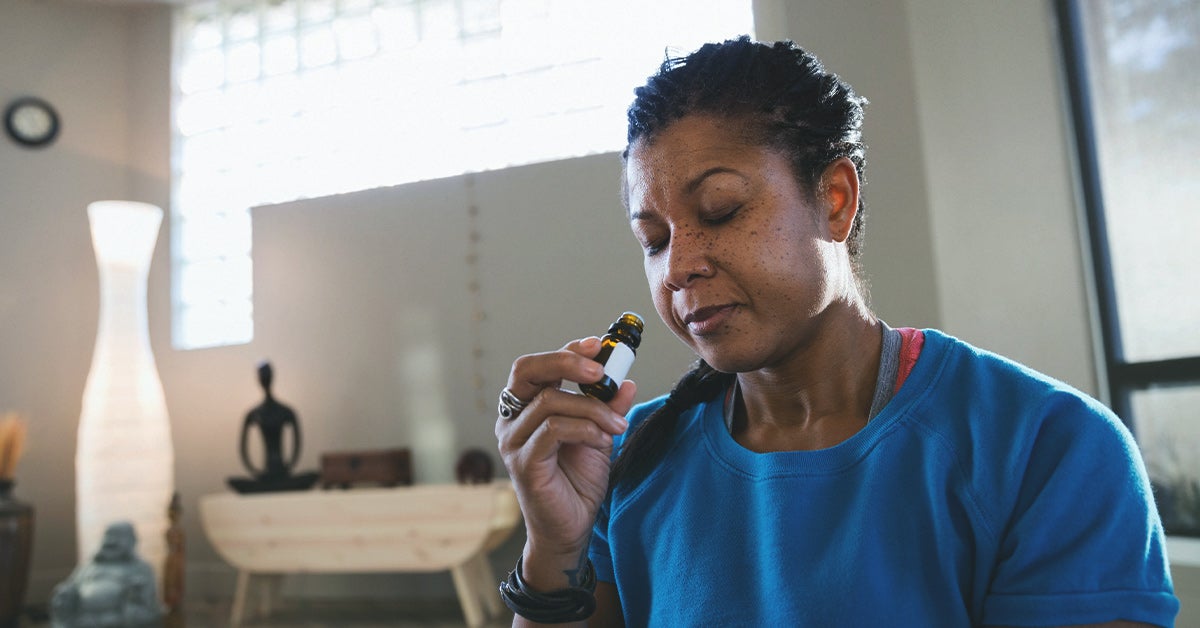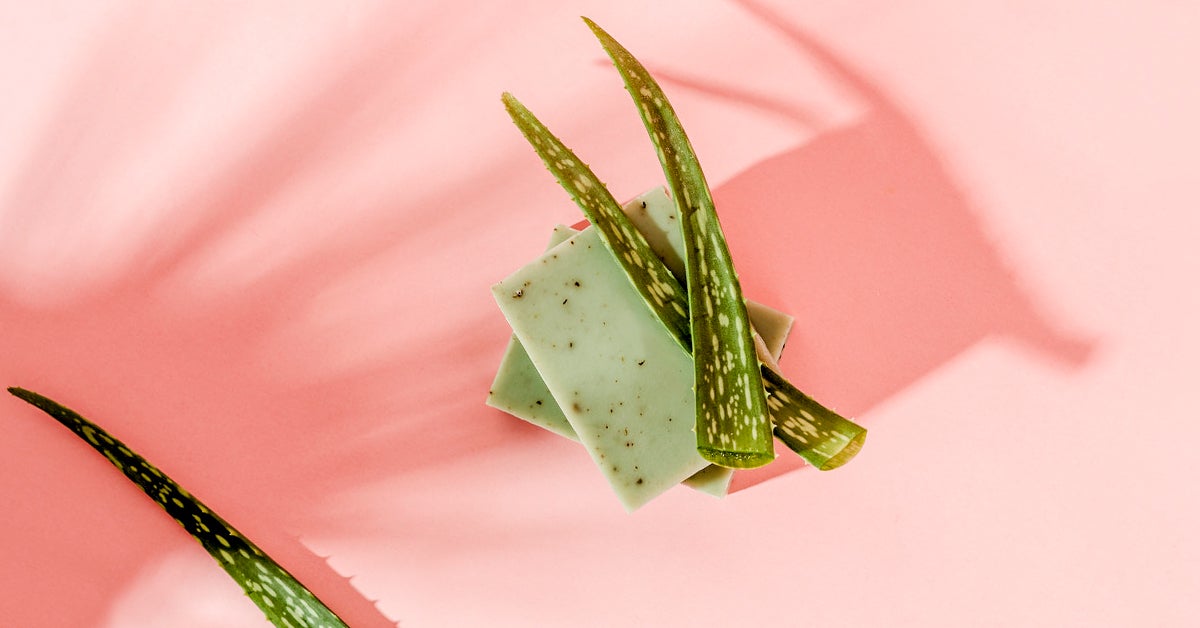What Can Aloe Vera Do for Gums?

If you buy something through a link on this page, we may earn a small commission. How this works.
Aloe vera has anti-inflammatory and antibacterial properties. The plant is also rich in antioxidants. For this reason, some people use aloe vera to treat and relieve inflammation related to gum disease and other oral issues.
Inflammation is part of your body's natural immune response, but it can lead to:
- pain
- swelling
- discomfort
The yellow liquid that seeps from the cut leaves of an aloe plant contains chemical compounds that can ease pain.
In addition, the plant has six antiseptic agents that help inhibit the growth of:
- fungi
- bacteria
- viruses
Aloe vera also contains powerful antioxidants that fight free radicals that cause cell damage. These aloe vera traits may help the following conditions:
- gingivitis
- gum infections or periodontitis
- other irritation in the mouth
Let's take a closer look.
Gingivitis is a type of gum disease where plaque accumulates on the teeth. Plaque is a naturally occurring sticky film. But too much can cause inflammation of the gum tissue, resulting in painful, bleeding gums.
Treatment typically involves professional dental cleanings to remove plaque. Proper oral hygiene can reduce inflammation, too. In addition, research shows that aloe vera may promote healing.
In a 2013 study, 45 people with gingivitis were divided into three groups of 15.
One group used an aloe vera mouthwash twice daily for three months. The second group was treated with scaling only. Treatment for the third group involved a combination of aloe vera mouthwash and scaling.
All three methods reduced gingivitis inflammation in participants. However, the group treated with scaling and the aloe vera mouthwash had the highest reduction of inflammation.
The findings suggest that aloe vera may speed the healing process of gingivitis.
Reduce inflammation & speed healing
Aloe vera may improve healing while treating gingivitis and may reduce inflammation in the gums.
Untreated gingivitis can progress to periodontitis disease. This serious form of gum disease destroys the bone supporting teeth.
Symptoms are similar to gingivitis, but also include:
- new spaces between teeth
- bad breath
- loose teeth
- receding gums
Treatments range from nonsurgical procedures like scaling and root planing to surgical procedures like bone graphs.
The presence of bacteria in periodontitis disease is what triggers an inflammatory response, leading to painful, swollen gums.
A 2011 study evaluating the effects of aloe vera gel in periodontal pockets found that the gel could improve these symptoms due to its antibacterial and anti-inflammatory properties.
Participants included 15 adults with periodontitis disease.
The study compared the outcome of treating the disease with scaling and root planing and placing aloe vera gel in periodontal pockets versus treating the disease with only scaling and root planing.
The different test sites were compared after one month and three months. Researchers found that using aloe vera gel in conjunction with scaling and root planing had better results than scaling and root planing alone.
Reduce bacteria
When treating severe gum disease like periodontits, use of aloe vera gel may help against bacterial infection which also reduces inflammation.
Because of its healing properties, aloe vera may help protect the mouth from or improve other mouth issues.
These include:
- canker sores
- cold sores
- lichen planus
Because of its ability to control bacteria in the mouth, using the gel may reduce bacterial infections caused by dental implants.
Protect against other issues
When used as part of regular oral care, aloe vera's antimicrobial and protective properties can help prevent other mouth problems including canker sores or issues that can accompany dental devices, like implants.
Adding aloe vera to your oral hygiene routine is an easy process.
Aloe vera is an ingredient in some oral products like toothpastes and mouthwashes. Use these products on a regular basis to prevent or treat gum disease caused by inflammation or bacteria.
Drinking aloe vera juice is another way you can incorporate aloe into your dental care routine.
Shop for aloe vera dental products online or at your local stores.
While aloe vera has its benefits, it isn't right for everyone. Talk to a doctor first if you have diabetes. If you take medication to control your blood sugar, aloe vera may lower your blood glucose to a dangerous level.
Also, if you're sensitive or allergic to aloe vera, oral consumption of the gel or juice could cause cramps or diarrhea.
If you're pregnant, breastfeeding, or think you may be pregnant, talk with a doctor first before using aloe vera.
The medicinal use of aloe vera plant's clear gel and yellow juice dates back thousands of years. Because of its many healing properties, it's known as the 'plant of immortality.'
When applied topically, aloe vera can:
- soothe burns and frostbite
- treat skin conditions like psoriasis
When taken orally, it has helped some people ease bowel issues.
Although there isn't much scientific evidence to support the use of aloe vera for oral health, anecdotal evidence suggests that it may be beneficial for tooth and gum care.
Aloe vera has powerful properties. It works as an antibacterial and anti-inflammatory agent.
According to limited research, it might also be an effective treatment for gum disease and other oral issues. More long-term studies are needed to fully support the use of aloe vera in dentistry.
Though aloe vera shows promising results, before using it as part of your dental care routine, talk with a dentist.
-
 6 interesting genetic traits that children will inherit from their parents
6 interesting genetic traits that children will inherit from their parents
-
 7 effects of asparagus on child development
7 effects of asparagus on child development
-
 Does cutting blood hair for babies bring good luck?
Does cutting blood hair for babies bring good luck?
-
 The more babies eat, the higher the height they develop, especially the second kind
The more babies eat, the higher the height they develop, especially the second kind
-
 Children with chicken pox should eat to quickly recover from the disease, without leaving a deep scar?
Children with chicken pox should eat to quickly recover from the disease, without leaving a deep scar?
-
 The more food is cooked, the better it can be for health, especially the second type
The more food is cooked, the better it can be for health, especially the second type
-
 Citronella Oil Benefits, How to Use, Side Effects and Safety
Citronella Oil Benefits, How to Use, Side Effects and Safety
-
 How to Get Rid of Cigarette Smell in Your House, Car, Hair, and More
How to Get Rid of Cigarette Smell in Your House, Car, Hair, and More
-
 Aloe Vera for Acne Scars: Types to Use and How to Apply
Aloe Vera for Acne Scars: Types to Use and How to Apply
-
 How to Get Clear Skin: 11 Proven Tips for Fighting Acne
How to Get Clear Skin: 11 Proven Tips for Fighting Acne
-
 Warning 5 objects are not allowed to take cold showers
Warning 5 objects are not allowed to take cold showers
-
 6 disastrous mistakes when sleeping devastated the body silently
6 disastrous mistakes when sleeping devastated the body silently































